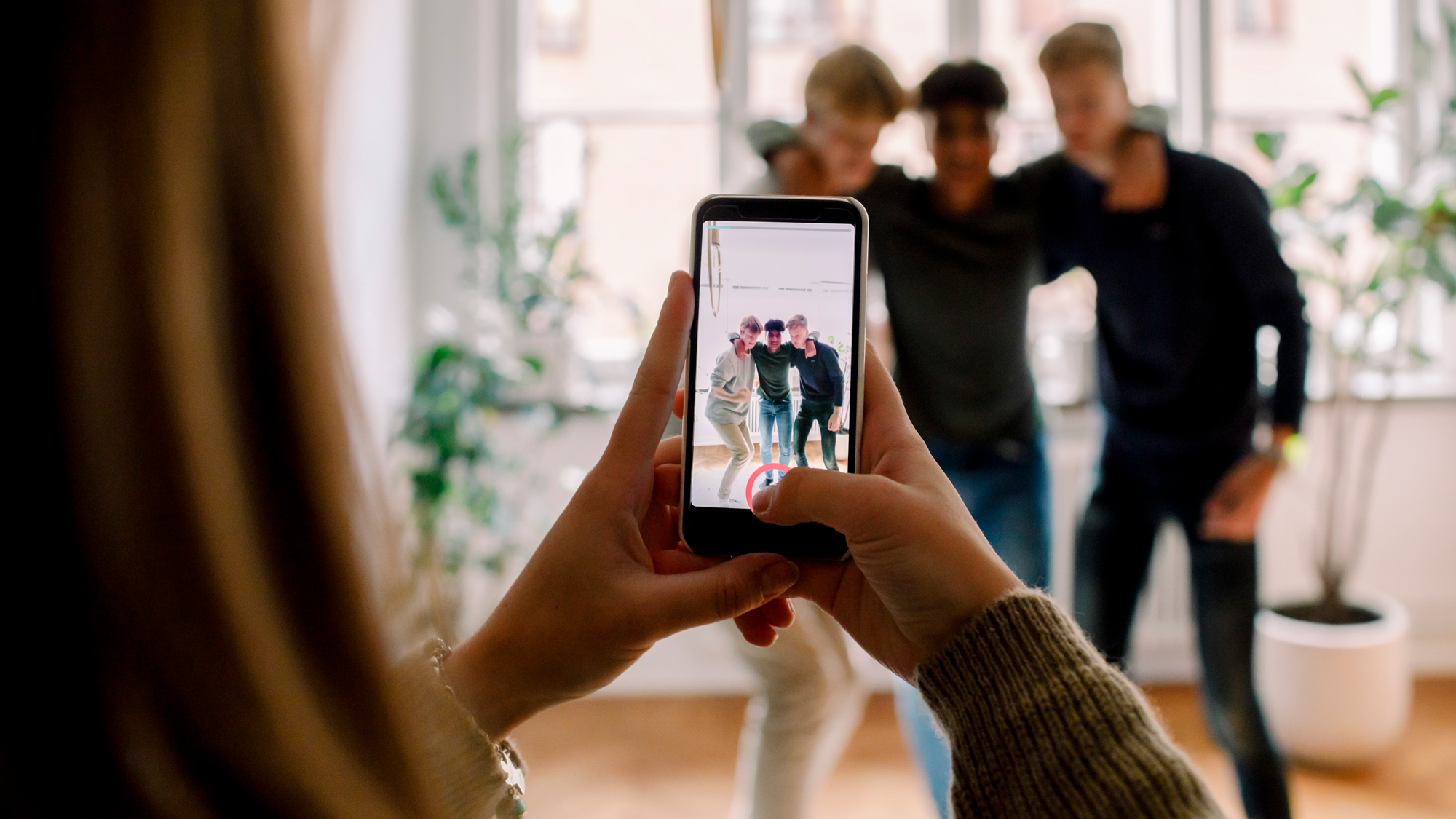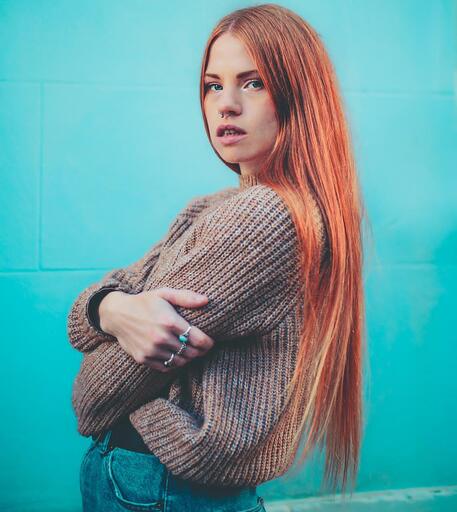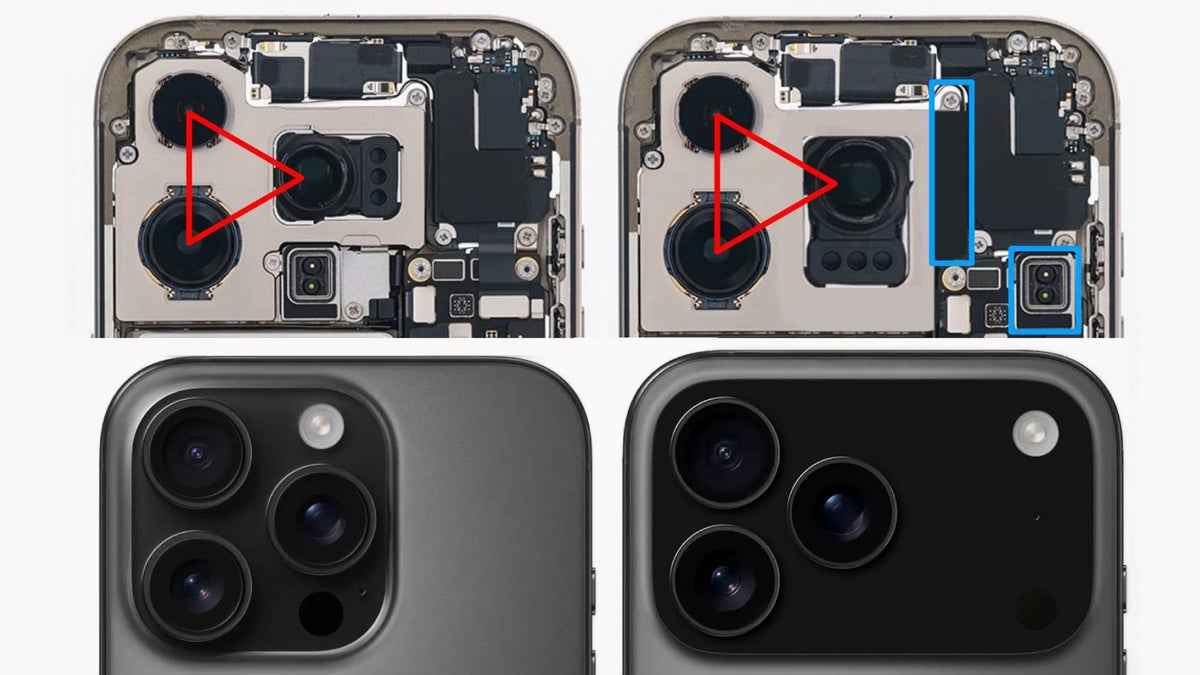STOP SCROLLING! Your TikTok usage is polluting the planet
TikTok is the world's most polluting social media platform, racking up 30.7 billion kilos of carbon emissions each year

You might think that posting videos and scrolling on TikTok (or other social media platforms) is completely harmless, but you’ll be shocked at how polluting it is for the planet. It’s estimated that the average person produces 24 tons of CO₂ emissions by sharing, liking and scrolling through photos and videos – which is equivalent to flying from New York to London 26 times.
Frequent flyers have a bad rep for creating a lot of CO₂ emissions but, if you’re a travel photographer or a documentary filmmaker, it’s an unavoidable part of the job. While many of us use social media for business purposes, a large portion of people mindlessly scroll through TikTok or Instagram just to pass the time – completely unaware of the devastating effects it’s having.
• Check out the best camera for TikTok – but try to be more conscious about how you use social media
Recent research shows that every year, TikTok alone is racking up a mind-blowing 30.72 billion kilos of CO₂ emissions – that’s the equivalent of using just over 3 billion gallons of diesel. Facebook falls into second place, with a scarily large 27.5 billion kilos of CO₂ emissions, while Instagram emits around half the amount of carbon emissions as TikTok – although this is still worrisome, at 15.4 billion kilos.
TikTok's high carbon emissions come down to the fact that it's solely a video-sharing platform, whereas Instagram and Facebook also have posts solely containing images or text. According to Greenspector, a single minute spent on TikTok uses 0.27 liters of water and 1.88 square meters of land due to the server centers required to keep it running.
It’s hard to imagine just how much these CO₂ emissions are, but when you compare it to things that we know are polluting such as oil, gas and electricity, those figures suddenly seem even worse. For example, Facebook’s CO₂ emissions are the equivalent of 63,745,380 barrels of oil, while Instagram's emissions equate to burning 17,335,752,229 pounds of coal. Reddit, Snapchat, Pinterest and YouTube also have their part to play in social media CO₂ emissions, but are nowhere near as bad as the top three contributors.
"Comparing the emissions of our favorite social media channels to international flights really puts into perspective just how pollutive our scrolling can be," said the CEO of Bankless Times, Jonathan Merry, which conducted the research.
Get the Digital Camera World Newsletter
The best camera deals, reviews, product advice, and unmissable photography news, direct to your inbox!
He is also quick to point out that, while influencers often receive criticism for taking regular long- and short-haul flights, "the carbon emissions from these trips are eclipsed many times over by those generated from the thousands of fans sitting at home browsing their newsfeeds and liking their posts."
I’m just as guilty as anyone else for scrolling without truly thinking about the cost to the planet. Scrolling is addictive, and after finding out these stats I’m embarrassed to admit that I could easily spend an hour scrolling without even realizing how much time has passed.
When I get my weekly screentime reports, a large portion of that is due to using social media – but following this research, I'm going to try to be more conscious when it comes to social media and spend time doing more useful, less polluting activities.
If you promise to be responsible with them, check out the best cameras for Instagram, along with the best cameras for streaming and the best camera phones to shoot on the go.

Having studied Journalism and Public Relations at the University of the West of England Hannah developed a love for photography through a module on photojournalism. She specializes in Portrait, Fashion and lifestyle photography but has more recently branched out in the world of stylized product photography. Hannah spent three years working at Wex Photo Video as a Senior Sales Assistant, using her experience and knowledge of cameras to help people buy the equipment that is right for them. With eight years experience working with studio lighting, Hannah has run many successful workshops teaching people how to use different lighting setups.
